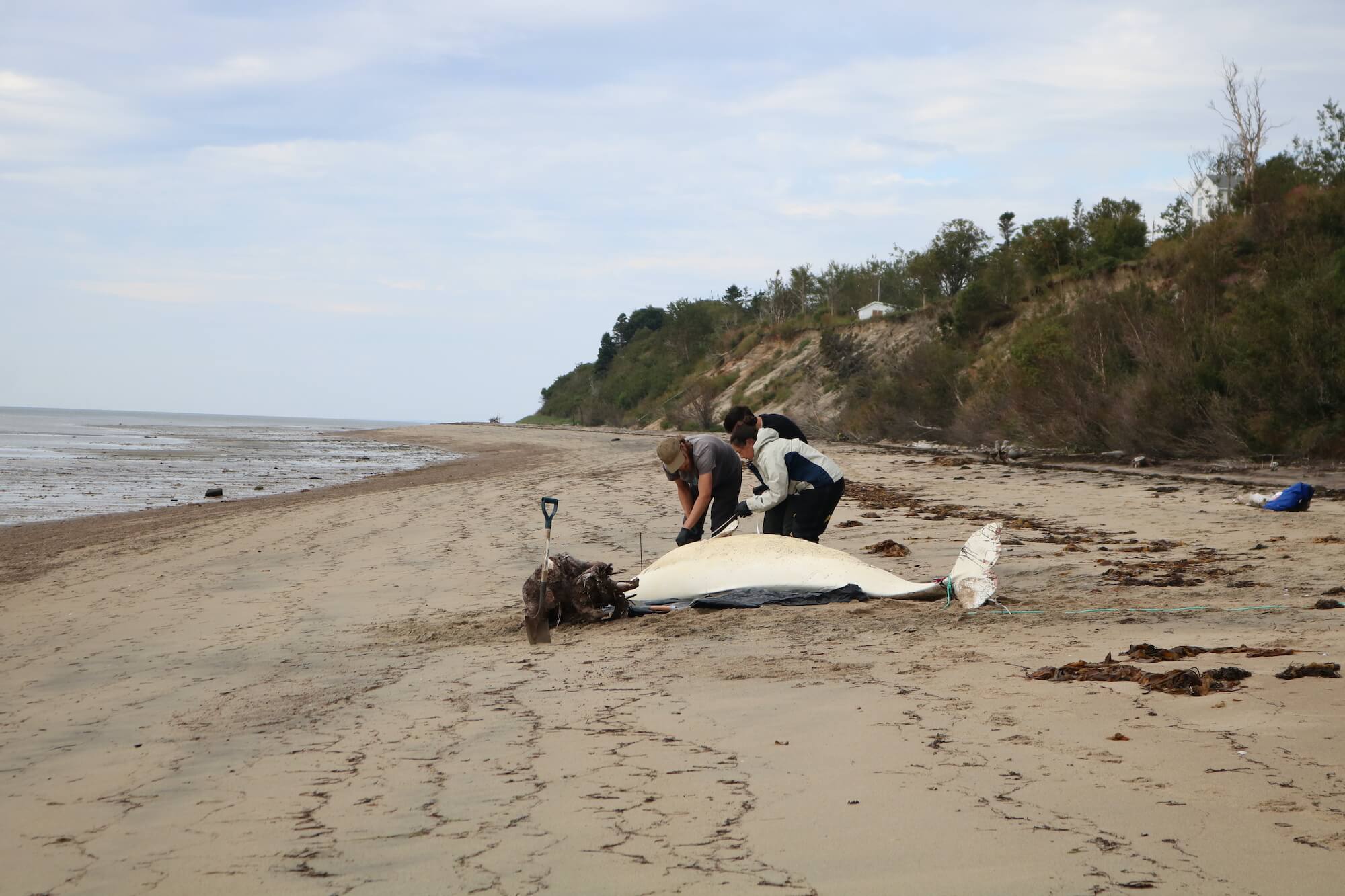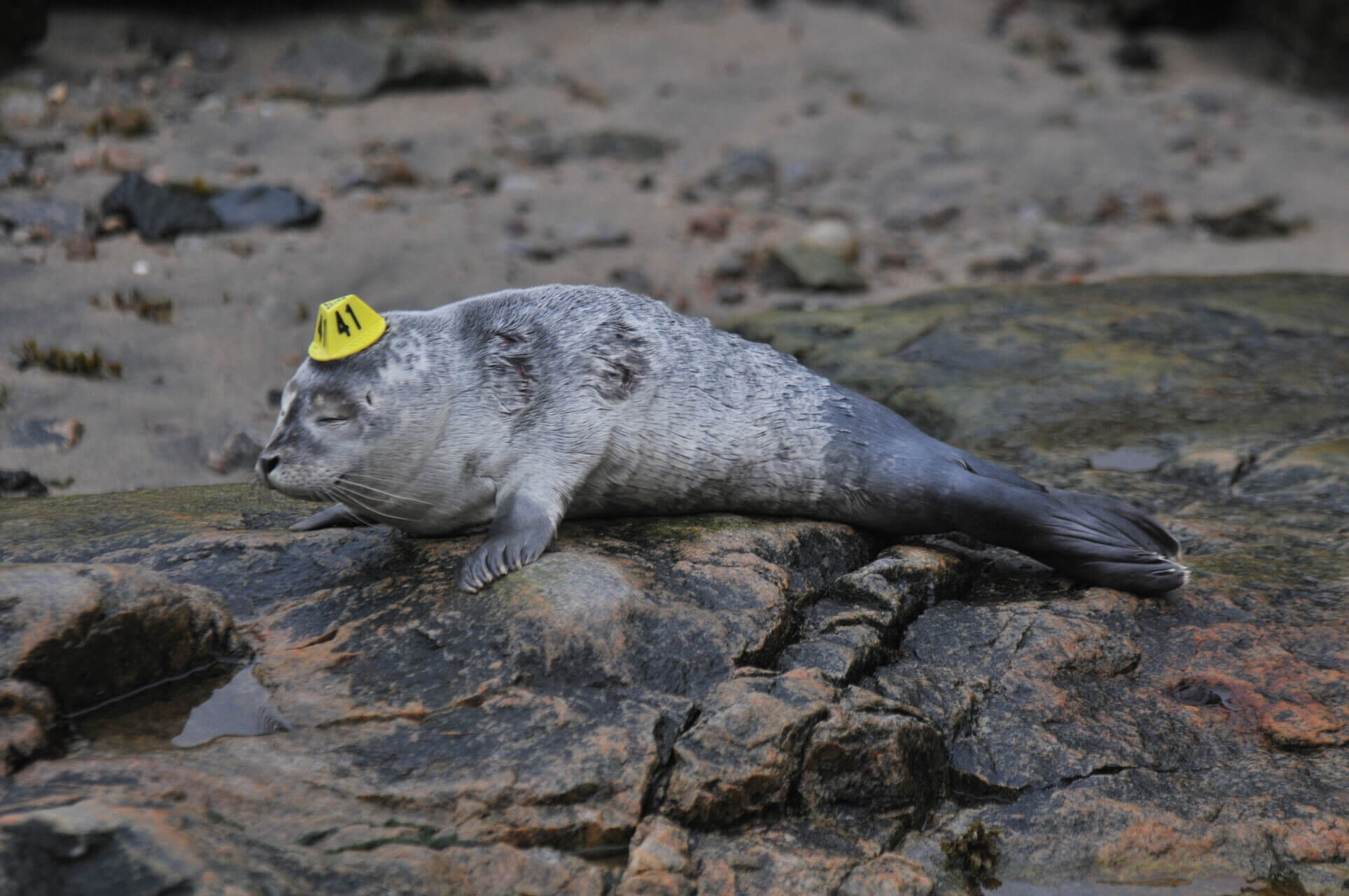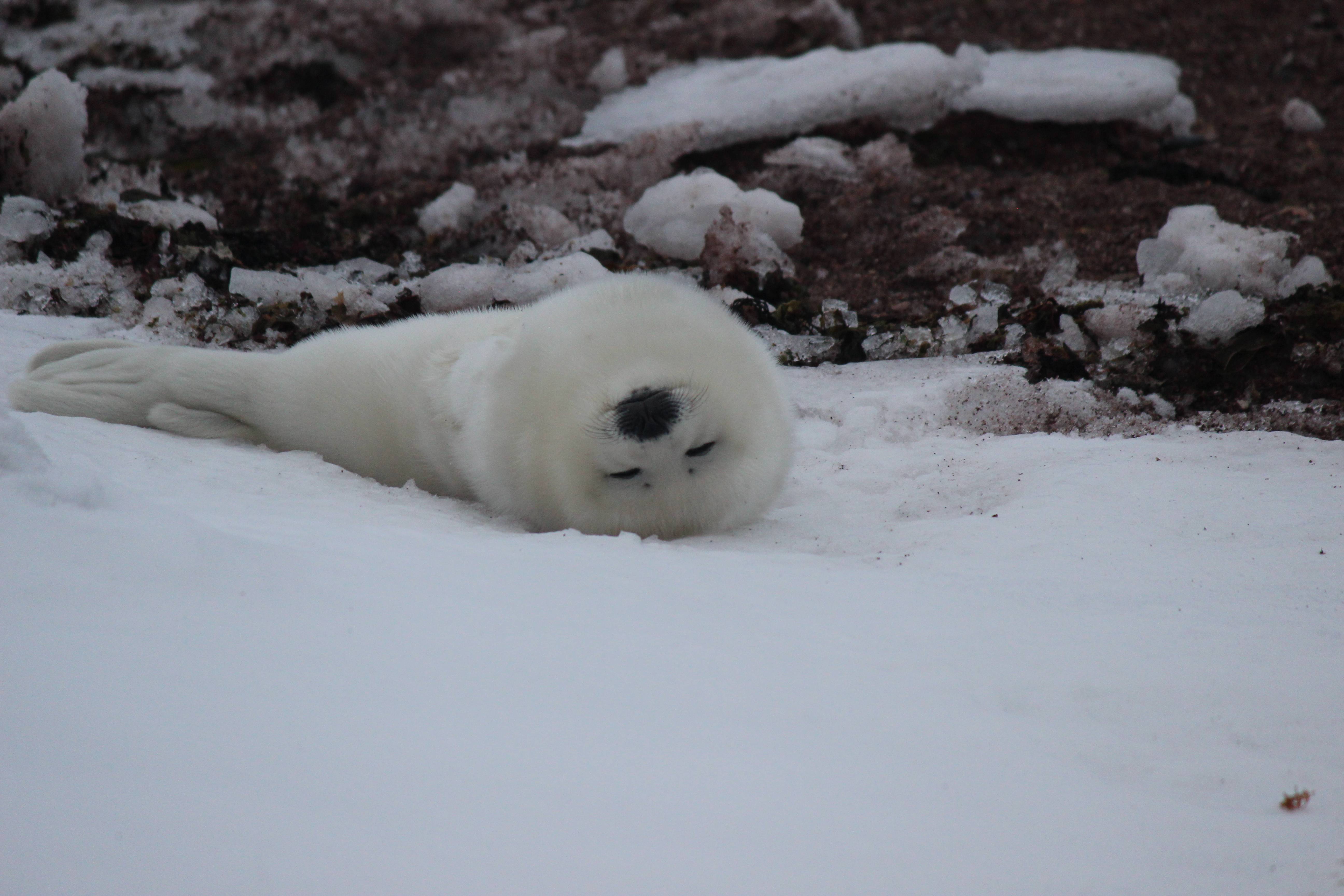In Quebec, the crab and shrimp fishery got underway a few weeks ago. Despite all the efforts made to prevent incidents, whales or seals can nevertheless get caught in fishing nets or ropes. Every year, between 3 and 20 cases of whales caught in fishing gear are recorded in Quebec.
Since March 2018, all fishing licence holders are required to immediately report any incident involving a marine mammal to 1-877-7baleine (1-877-722-5346). If you observe a cetacean or seal entangled in fishing gear, do not attempt to release it yourself. The behaviour of an entangled animal is unpredictable and can be dangerous. Working together with trained, experienced teams makes it easier to carry out a strategic, co-ordinated and safe response (if such a response is possible) for the animal, for yourself and for your equipment.
Regardless of the species, each whale entanglement case reported to Marine Mammal Emergencies will be reviewed by DFO teams. Any specialized responder called upon to intervene has specific authorizations that comply with Fisheries and Oceans Canada’s regulations and safety standards.
Therefore, if you see a cetacean or seal entangled in your own gear or someone else’s, here’s what to do.

Call 1-877-7baleine (1-877-722-5346)
You will immediately be in contact with a specialist who will take stock of the situation with you. Wait for instructions before doing anything. Rescuing the animal, retrieving the material or collecting valuable scientific data for the protection of whales are all actions that might be considered.
Describe the situation
The individual at Marine Mammal Emergencies who answered your call will need the following information:
Whether animal is dead or alive
Movement (speed/direction or stationary);
Breathing (frequency and duration of dives);
Vigour and signs of exhaustion.
Validate the species
Take photos if possible
Note the size, colour (back, belly, fin), head shape (pointed, round) and body shape (bloated carcass, whole animal, fins, presence of ventral grooves, etc.)
Information to be transmitted
In order to plan a response, teams from the Quebec Marine Mammal Emergency Response Network will need as many details as possible about the incident.
How the whale appears to be caught and where on the animal the ropes or nets are
Type of fishing gear
Exact location (GPS coordinates)
Time of last observation
State of the sea
Commercial fishing area
Monitor the situation
Wait for response plan from specialists
Observe the animal from a distance
Continue to note the animal’s behaviour
Stay in touch with the specialists
The teams from the Quebec Marine Mammal Emergency Response Network thank all the fishermen in advance for their collaboration.






